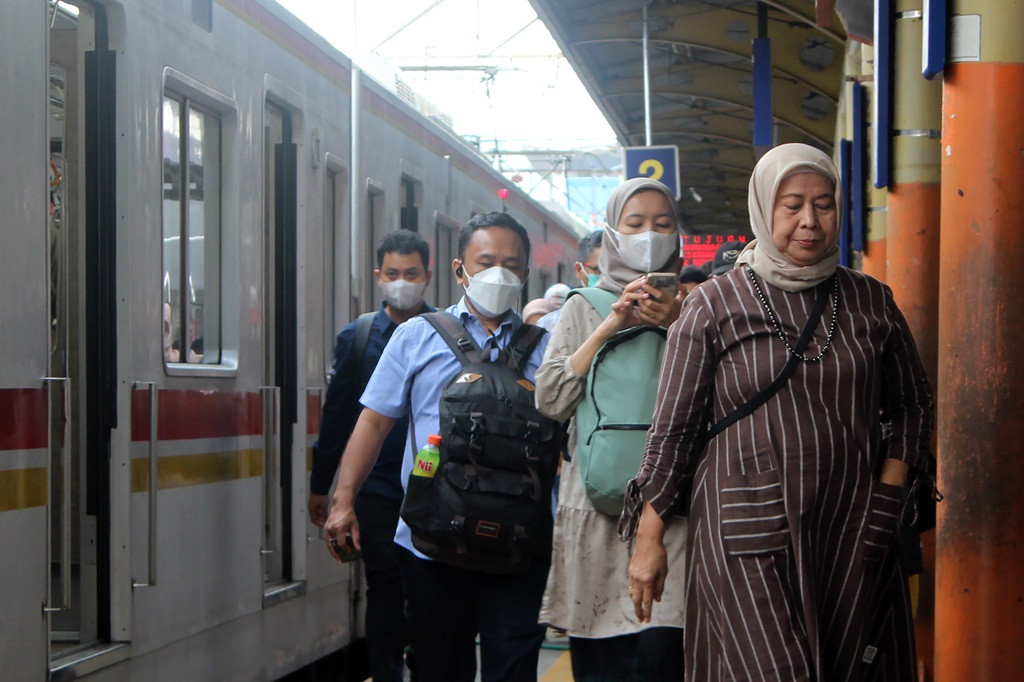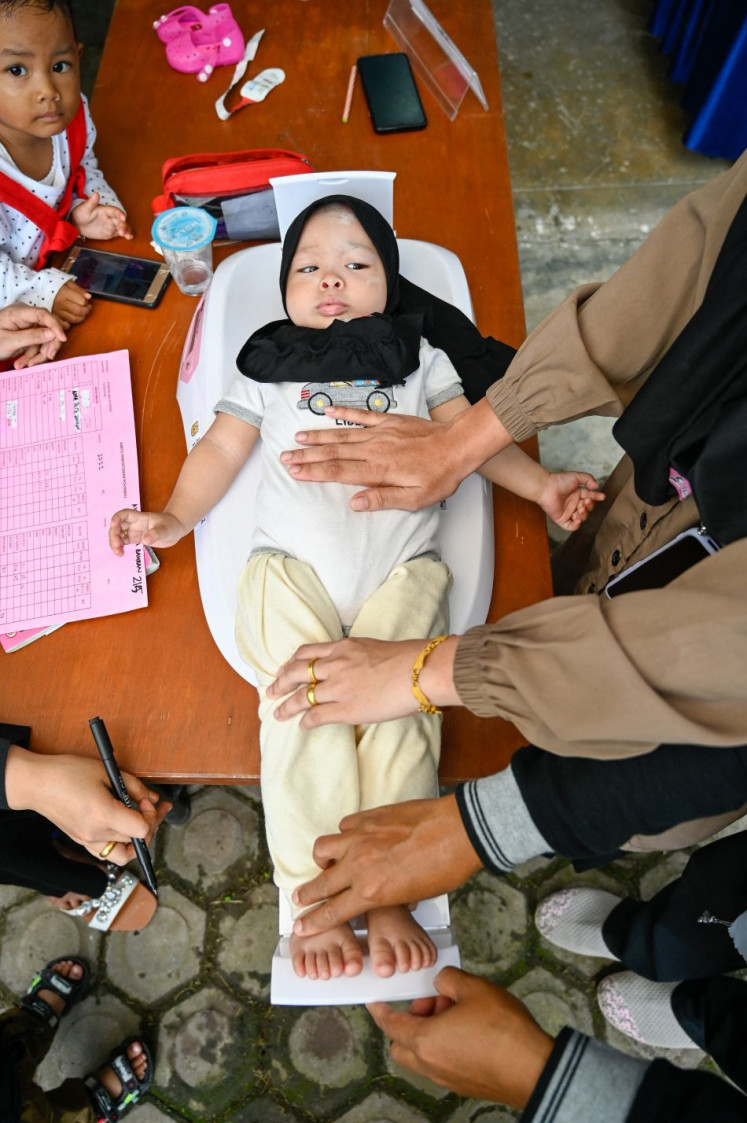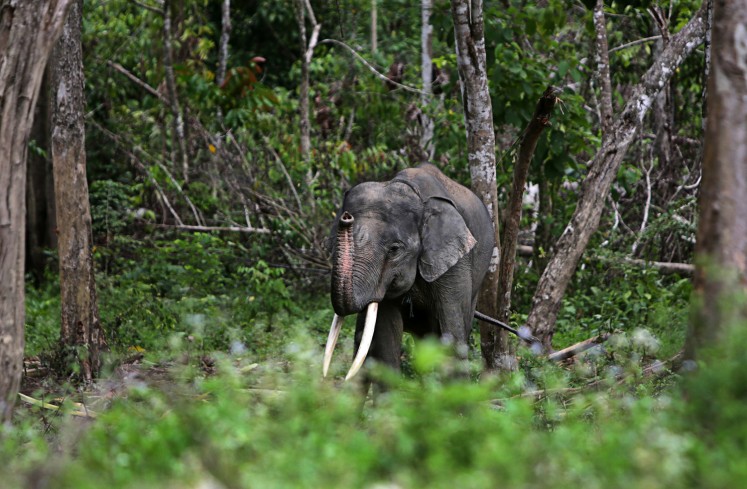Popular Reads
Top Results
Can't find what you're looking for?
View all search resultsPopular Reads
Top Results
Can't find what you're looking for?
View all search resultsVigilance, not panic
Change text size
Gift Premium Articles
to Anyone
W
e should all be alert to the possibility of Mycoplasma pneumoniae infection now that the first recent cases have been discovered in the country, but we have no reason to be consumed by fear.
Following the announcement of six confirmed cases of the illness and reports of an increase in the number of children brought to healthcare centers on the suspicion that they were suffering from it, the Health Ministry is reminding people that while Mycoplasma pneumonia can be distressing, patients rarely become seriously ill and the infection can be cured with the help of proper medication.
Common symptoms of Mycoplasma pneumonia include fever, chills, cough, sore throat, headache, shortness of breath and fatigue. The pathogen can be spread through contact with airborne mucus droplets from people with the illness.
The country’s six recent cases of Mycoplasma pneumonia were all reported in Jakarta, and the patients were all between the ages of 3 and 12 years old. Two of the patients were admitted to Medistra Hospital in South Jakarta, one on Oct. 12 and the other on Oct. 25, while three others underwent outpatient care at the same hospital in November. Meanwhile, one patient was admitted to the Joy Women and Children Community (JWCC) Hospital, also in South Jakarta.
All six patients have fully recovered, Health Ministry disease control and prevention director general Maxi Rein Rondonuwu said in a press conference on Wednesday.
He added that the Health Ministry was seeking to determine the source or sources of the cases and whether more people had been infected. Doctors and health workers have been urged to report any cases of Mycoplasma pneumonia to the ministry within 24 hours of diagnosis.
Maxi said regional health authorities should actively educate teachers and students about the illness and encourage them to take precautions against its spread, as the infection was common among school-age children.
The overall mortality rate from Mycoplasma pneumonia infection is very low, and the deaths typically occur in people with comorbidities. It is often called “walking pneumonia” because most people affected by the illness feel well enough to go about their daily lives.
If patients experience such mild symptoms, they do not need to be hospitalized and likely require only outpatient care at hospitals or clinics. Proper antibiotics, along with sufficient sleep and a nutritious diet, help most patients quickly recover.
Despite the recent explosion of headlines, the illness is nothing new. The bacterium was discovered in the 1930s and cases have long been documented in Indonesia.
For many years, little public attention was given to Mycoplasma pneumonia because of its low prevalence and relative mildness. Before the COVID-19 pandemic, Mycoplasma infection accounted for only 8.5 percent of detected cases pneumonia in the country, according to the Health Ministry.
It was media reports about increasing cases of Mycoplasma pneumonia in northern China and some European countries that triggered the sudden global alarm about the infection.
But there is little reason for Indonesians to panic over this age-old disease. Patients can get full medical treatment through the national health insurance (JKN) program managed by the Health Care and Social Security Agency (BPJS).
Good hygiene practices, including hand-washing, mask-wearing and covering the mouth and nose while coughing or sneezing, are the best way to limit the spread of the disease.
While there is no vaccine to prevent Mycoplasma pneumonia, getting children vaccinated against COVID-19 and seasonal influenza can help them avoid simultaneous infection by multiple pathogens, a factor that drove the rise in hospitalizations in China.











